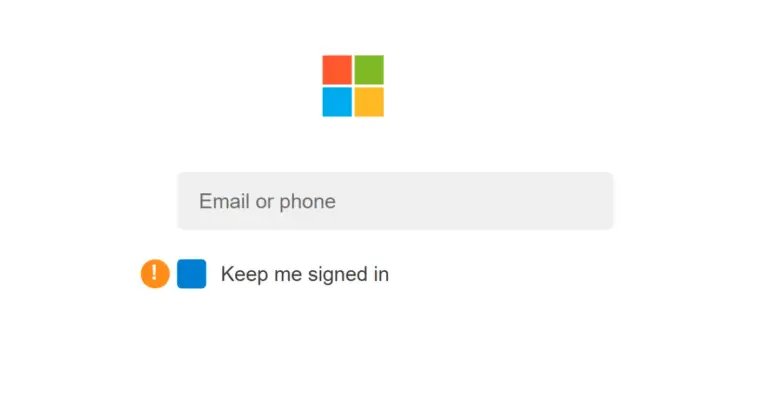
A United States federal district court has ruled that Google illegally maintained a monopoly in the online search market. The court’s decision has the potential to not only alter the company’s business model but also reshape the structure of the Internet as a whole.
The judge determined that Google abused its monopolistic power by entering into multi-billion-dollar agreements with companies such as Apple to set its search engine as the default on their devices and browsers. The lawsuit against Google was filed by the Department of Justice and several states in 2020, and the trial commenced in September 2023.
Google spends billions of dollars annually to secure advantageous placements for its search engine in web browsers and on smartphones. In 2021, the company spent $26 billion to be the default search engine on Apple and Android platforms, with approximately $18 billion of that amount going to deals with Apple. According to the New York Times, Google shares 36% of its ad revenue from Safari with Apple. The government asserts that these payments prevent competitors from developing their search engines to a level sufficient to compete.
The court concluded that Google was a monopolist and acted to preserve its monopoly. The ruling states that the company violated Section 2 of the Sherman Act, which prohibits monopolization.
Google plans to appeal the decision. According to the company, the court acknowledged that Google offers the “best search engine,” but decided it cannot be easily provided to users. A company representative emphasized that Google used its dominant position to create “the best and most useful search engine,” benefiting both consumers and advertisers.
Aside from monopoly issues, the court declined to impose sanctions on Google for failing to preserve chat messages relevant to the case, despite the Department of Justice arguing that this was tantamount to destroying evidence. The court stressed that this detail should not be interpreted as condoning Google’s actions.
The judge has not yet determined the punitive measures for Google. The company may be required to alter its search business practices or even divest parts of it, as suggested in the initial lawsuit. The final decision may be contested and modified. The Department of Justice welcomed the court’s ruling, emphasizing that it sets a precedent and paves the way for future innovations, protecting access to information for all Americans.


